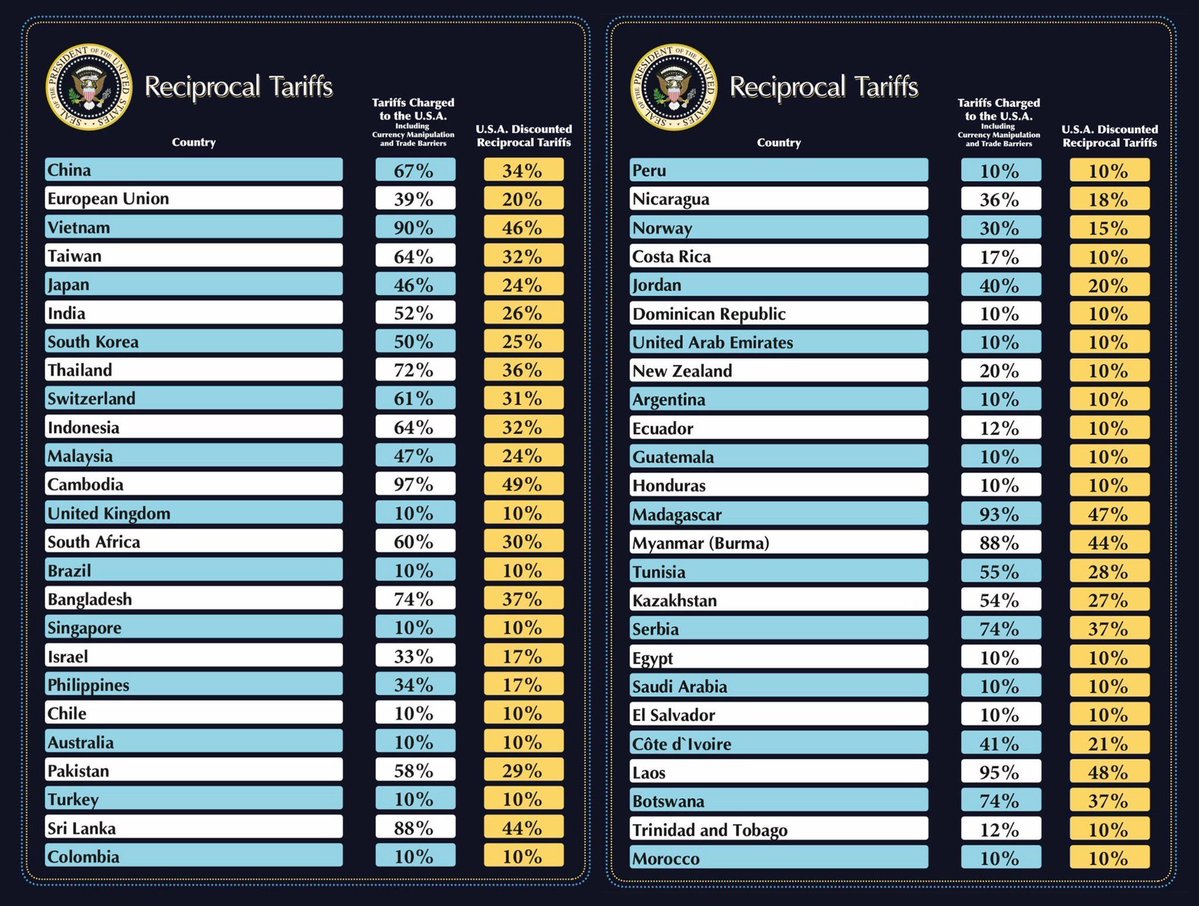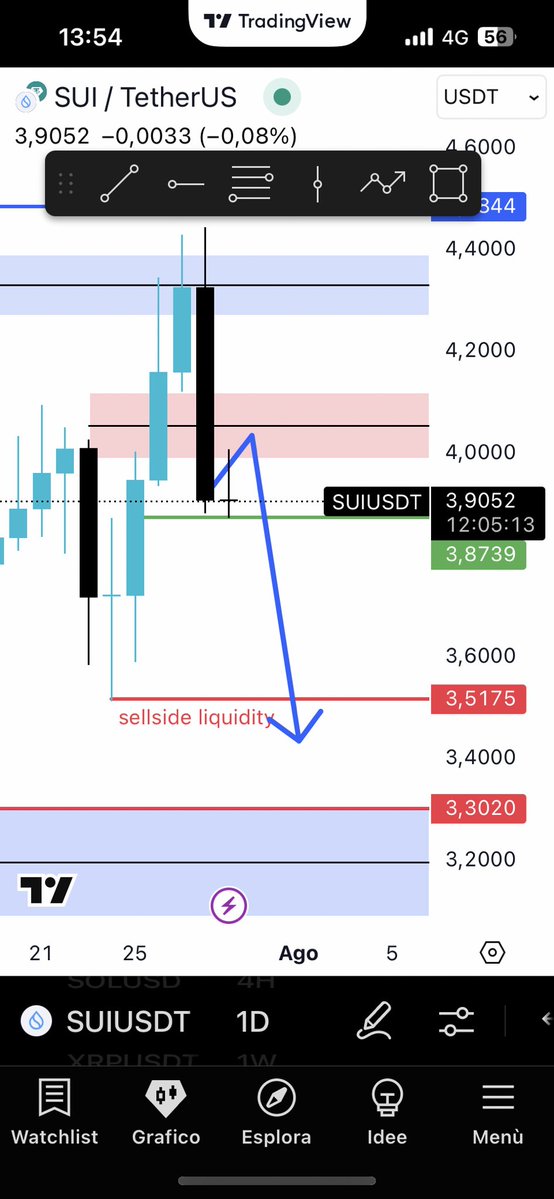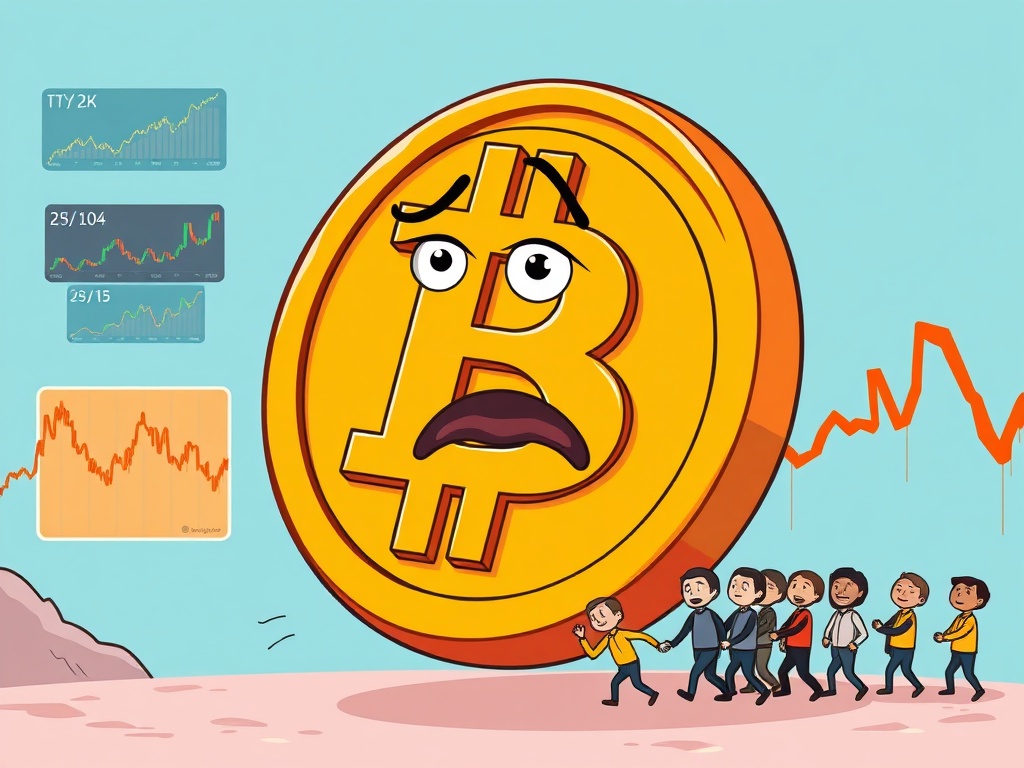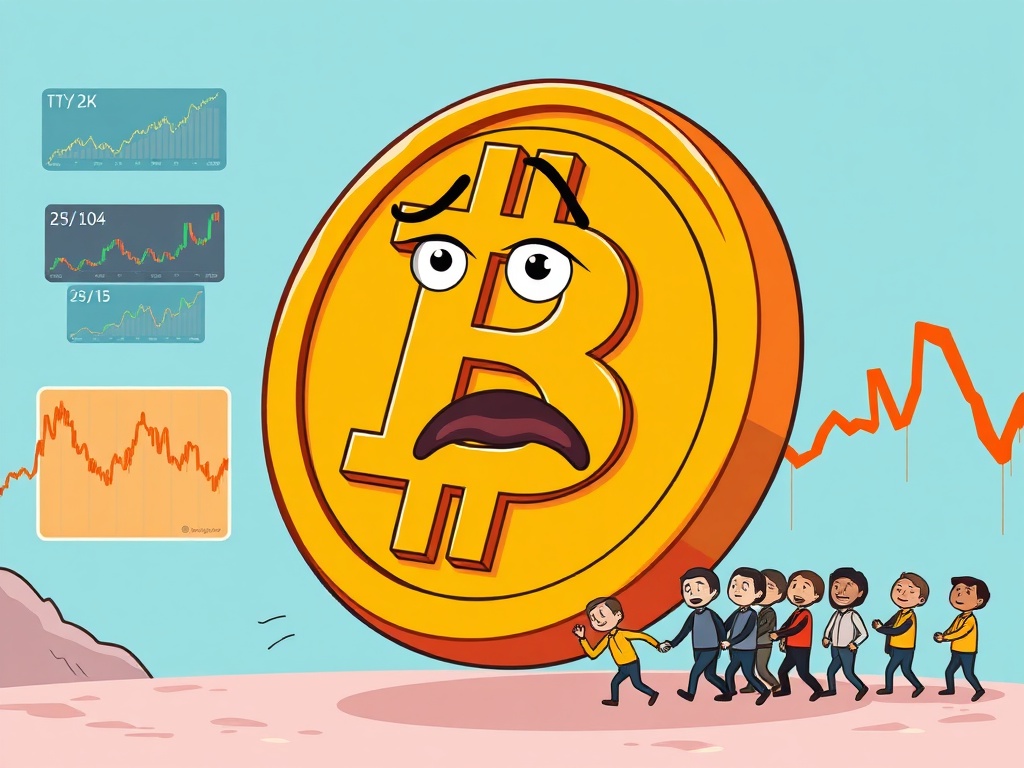The Ripple Effects of the Tariff War
The global economy is a delicate ecosystem, where actions in one region can send shockwaves around the world. The ongoing tariff war is a prime example of this interconnectedness. As nations impose and retaliate with tariffs, the repercussions are felt far and wide, affecting not just traditional markets but also the burgeoning world of cryptocurrencies. This economic tug-of-war is pushing investors to seek alternative assets, and cryptocurrencies are increasingly becoming a focal point in this search for stability.
Cryptocurrency Markets Under Scrutiny
Cryptocurrencies, with their decentralized nature and potential for high returns, have always been a double-edged sword. They offer a way to diversify portfolios and protect against traditional market volatility. However, they also come with their own set of risks, including regulatory uncertainty and high volatility. The tariff war is exacerbating these risks, making the cryptocurrency market a battleground of opportunities and challenges.
Regulatory and Security Concerns
One of the major concerns in the cryptocurrency space is the lack of regulatory oversight. This lack of oversight can lead to a high risk of regulatory non-compliance and security breaches. Decentralized systems, while offering benefits like transparency and immutability, can also be breeding grounds for illicit activities. The absence of a centralized authority makes it difficult to enforce regulations and ensure security. This is a significant barrier for institutional investors who require a certain level of regulatory clarity and security before they can fully commit to the cryptocurrency market.
The decentralized nature of cryptocurrencies means that there is no single point of control, which can be both a strength and a weakness. On one hand, it makes cryptocurrencies resistant to government intervention and censorship. On the other hand, it makes them vulnerable to fraud and manipulation. The lack of regulatory oversight means that investors are often left to fend for themselves, relying on community-driven initiatives and third-party audits to ensure the security and legitimacy of their investments.
Volatility and Investment Risks
The cryptocurrency market is notorious for its volatility. This volatility can be both a boon and a bane for investors. While it offers the potential for high returns, it also poses significant risks. The tariff war is adding another layer of uncertainty, making it even more challenging for investors to navigate the market. For instance, the performance of certain cryptocurrencies like $MSTR and 3350 has been varying in BTC and USD terms, reflecting the market’s volatile nature. This volatility can lead to substantial gains or losses, making it crucial for investors to stay informed and make well-researched decisions.
The volatility of the cryptocurrency market is often attributed to its relatively small size and the lack of institutional investment. As more institutional investors enter the market, the volatility is expected to decrease, making it a more stable and attractive option for long-term investors. However, until then, investors need to be prepared for the rollercoaster ride that is the cryptocurrency market.
The Role of Cryptocurrency in Economic Uncertainty
Despite the risks, cryptocurrencies are increasingly being seen as a potential solution to economic uncertainty. The decentralized nature of cryptocurrencies makes them less susceptible to the effects of traditional economic policies. This makes them an attractive option for investors looking to hedge against economic instability. Moreover, the advancements in blockchain technology are making cryptocurrencies more scalable, secure, and decentralized, further enhancing their appeal.
The Future of Cryptocurrency
The future of cryptocurrency looks promising, with several significant advancements on the horizon. For example, protocols like SpurProtocol are preparing for the next significant advancement in blockchain technology, focusing on scalability, security, and decentralization. These advancements are expected to address some of the current challenges in the cryptocurrency market, making it more accessible and secure for investors.
The advancements in blockchain technology are not just limited to scalability and security. They also include improvements in privacy, interoperability, and sustainability. For instance, privacy-focused cryptocurrencies like Monero and Zcash are gaining traction, as they offer a higher level of privacy and anonymity. Interoperability protocols like Polkadot and Cosmos are also making waves, as they allow different blockchain networks to communicate and interact with each other. Lastly, sustainability-focused cryptocurrencies like Chia and SolarCoin are gaining attention, as they offer a more environmentally friendly alternative to traditional proof-of-work cryptocurrencies.
The Top Trending Tokens
As the cryptocurrency market evolves, certain tokens are gaining more attention than others. For instance, tokens like Bitcoin ($BTC), Pi ($PI), Solana ($SOL), EOS ($EOS), and Chainlink ($LINK) are currently trending. These tokens are being closely watched by investors and analysts alike, as they have the potential to shape the future of the cryptocurrency market. Moreover, meme-driven cryptocurrencies like PLEBCTO are also gaining traction, reflecting the market’s diverse and dynamic nature.
The trending tokens in the cryptocurrency market are often a reflection of the current trends and developments in the industry. For instance, the rise of decentralized finance (DeFi) has led to an increase in the popularity of tokens like Uniswap ($UNI) and Aave ($AAVE). Similarly, the rise of non-fungible tokens (NFTs) has led to an increase in the popularity of tokens like Chiliz ($CHZ) and Theta ($THETA). As the industry continues to evolve, so will the trending tokens, making it an exciting and dynamic space to be in.
Conclusion: Navigating the Uncertainty
The tariff war is a stark reminder of the interconnectedness of the global economy. As traditional markets grapple with the effects of the tariff war, the cryptocurrency market is also feeling the strain. However, the cryptocurrency market also presents a unique opportunity to navigate the economic uncertainty. With advancements in blockchain technology and a growing interest in decentralized systems, the future of cryptocurrency looks promising. Investors need to stay informed, make well-researched decisions, and be prepared to navigate the volatility and uncertainty that come with the territory.
The tariff war may be a storm, but for those who are prepared, it could also be a golden opportunity. The cryptocurrency market, with its decentralized nature and potential for high returns, offers a unique way to hedge against economic uncertainty. However, it also comes with its own set of risks, including regulatory uncertainty and high volatility. As the market continues to evolve, investors need to stay informed and make well-researched decisions to navigate the uncertainty and capitalize on the opportunities that lie ahead.











